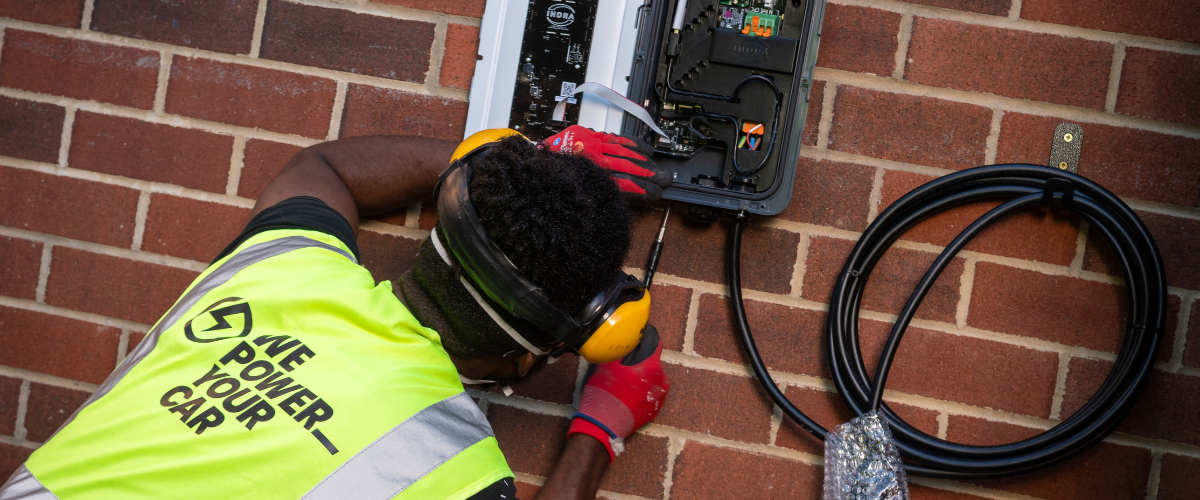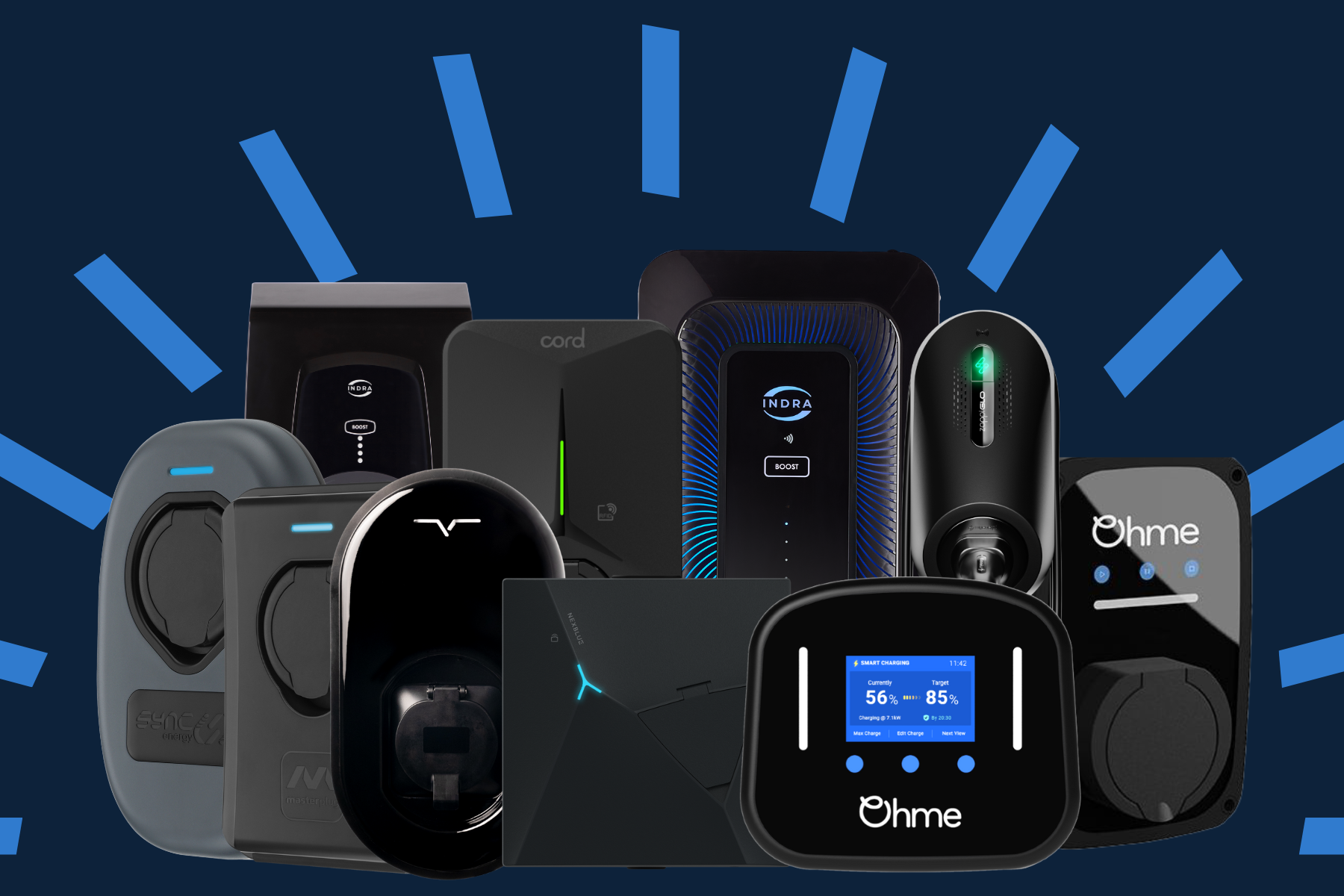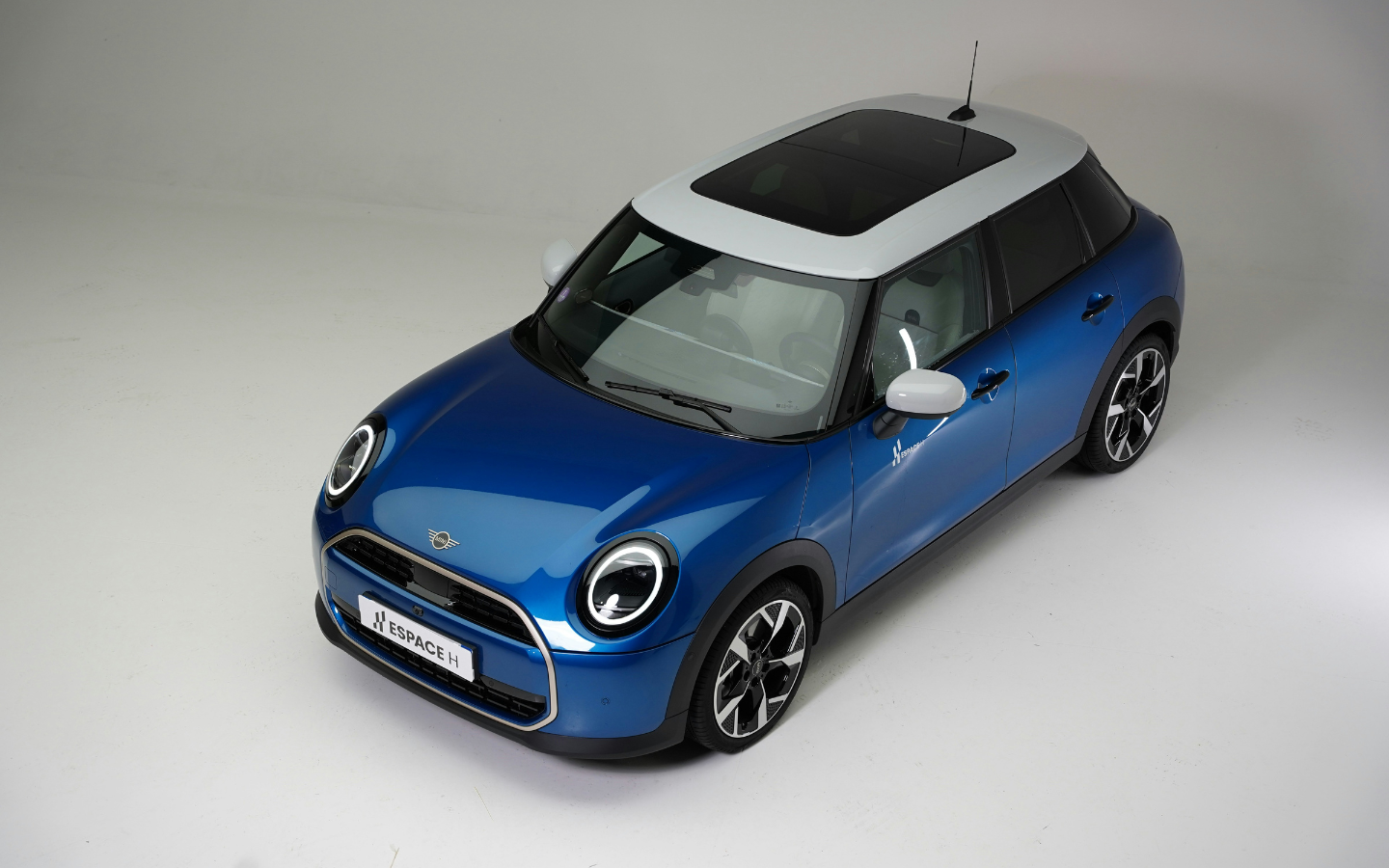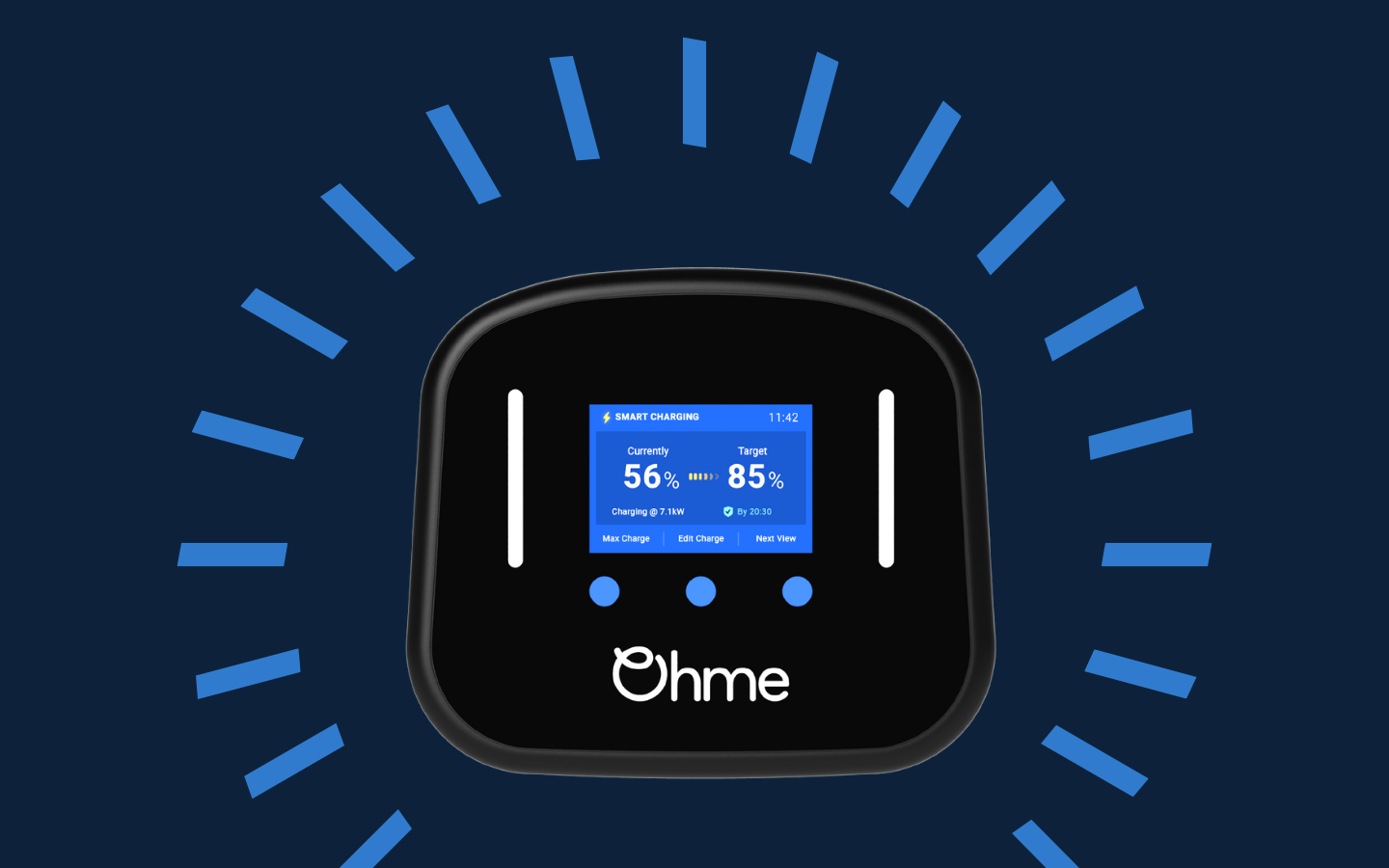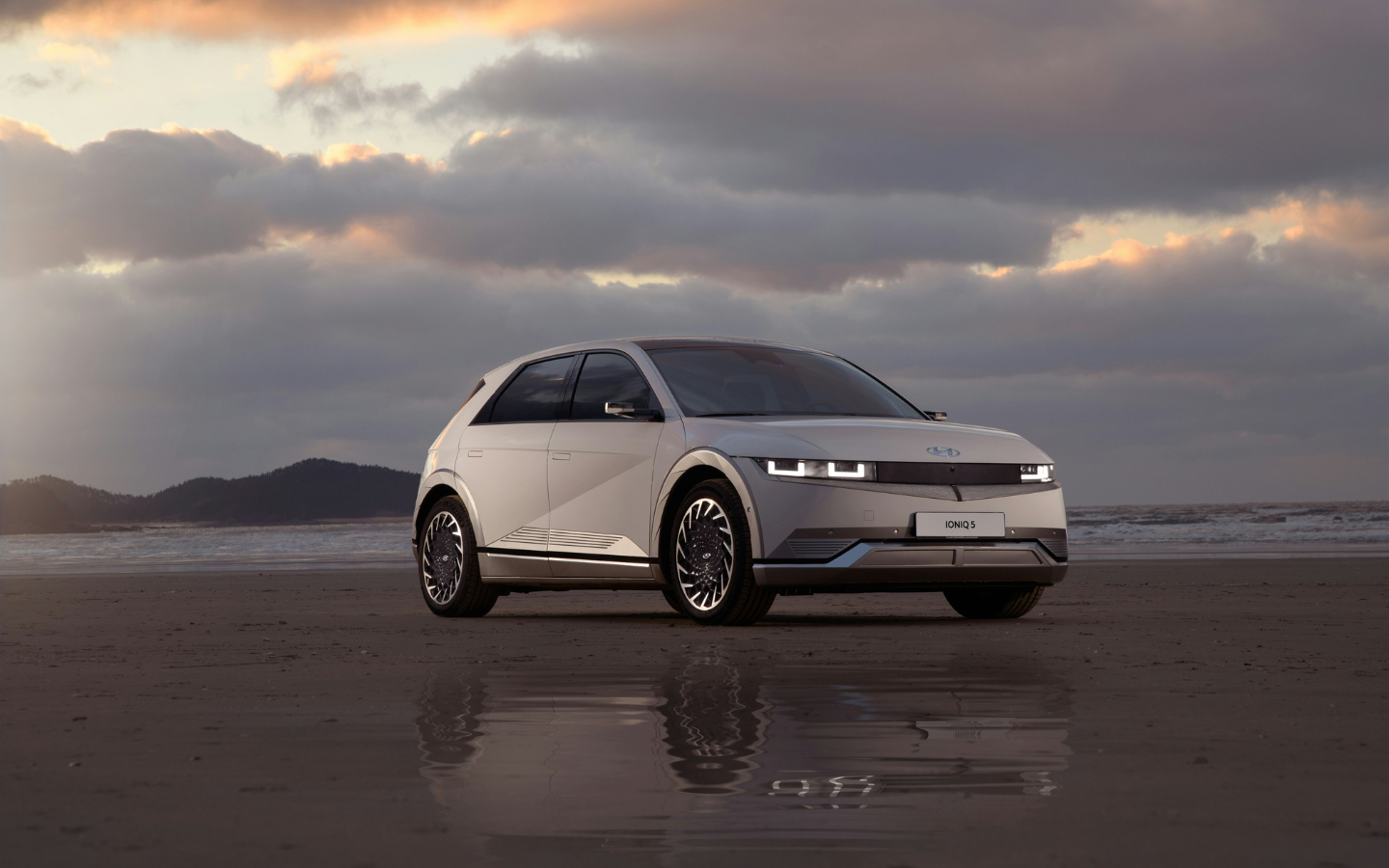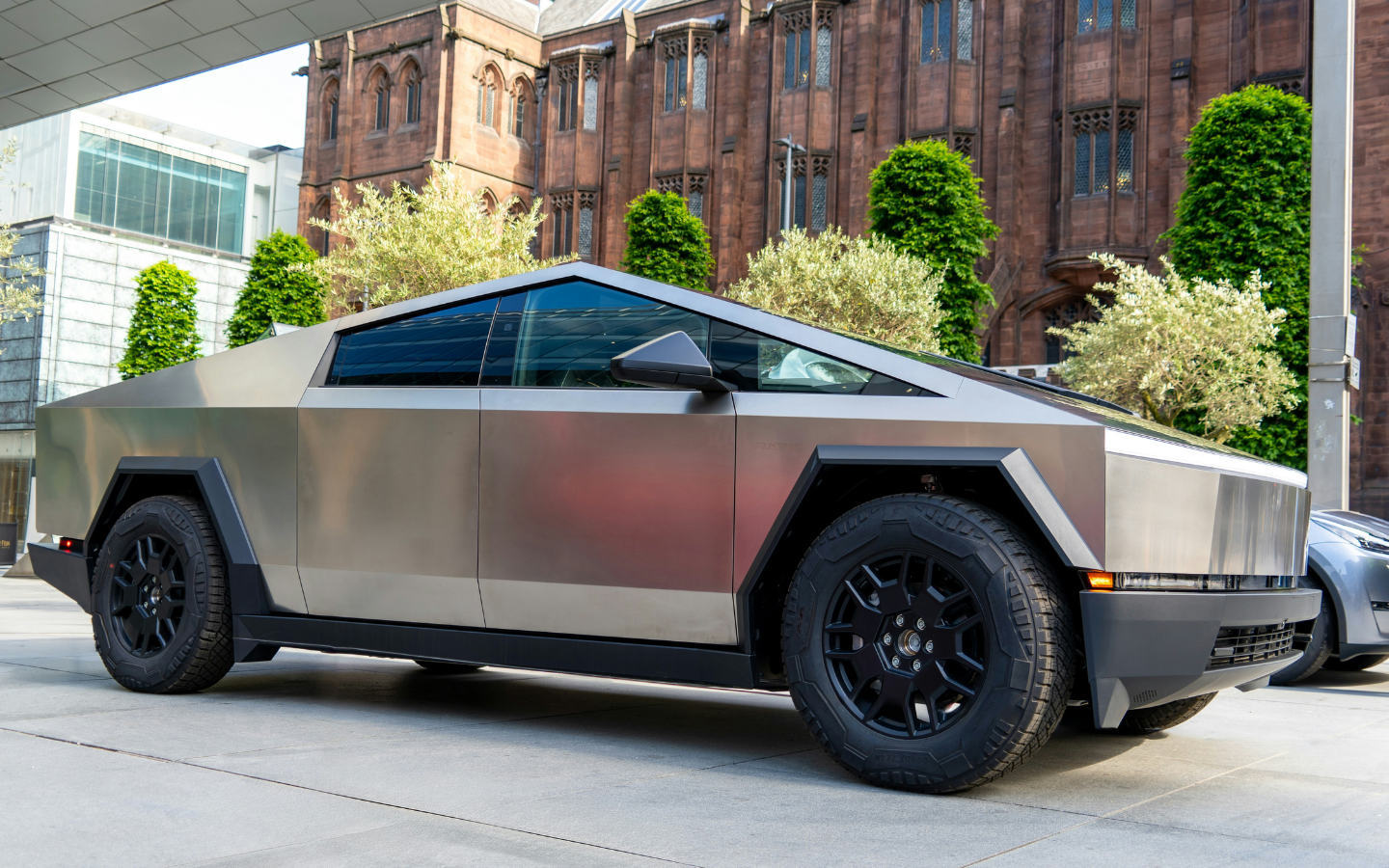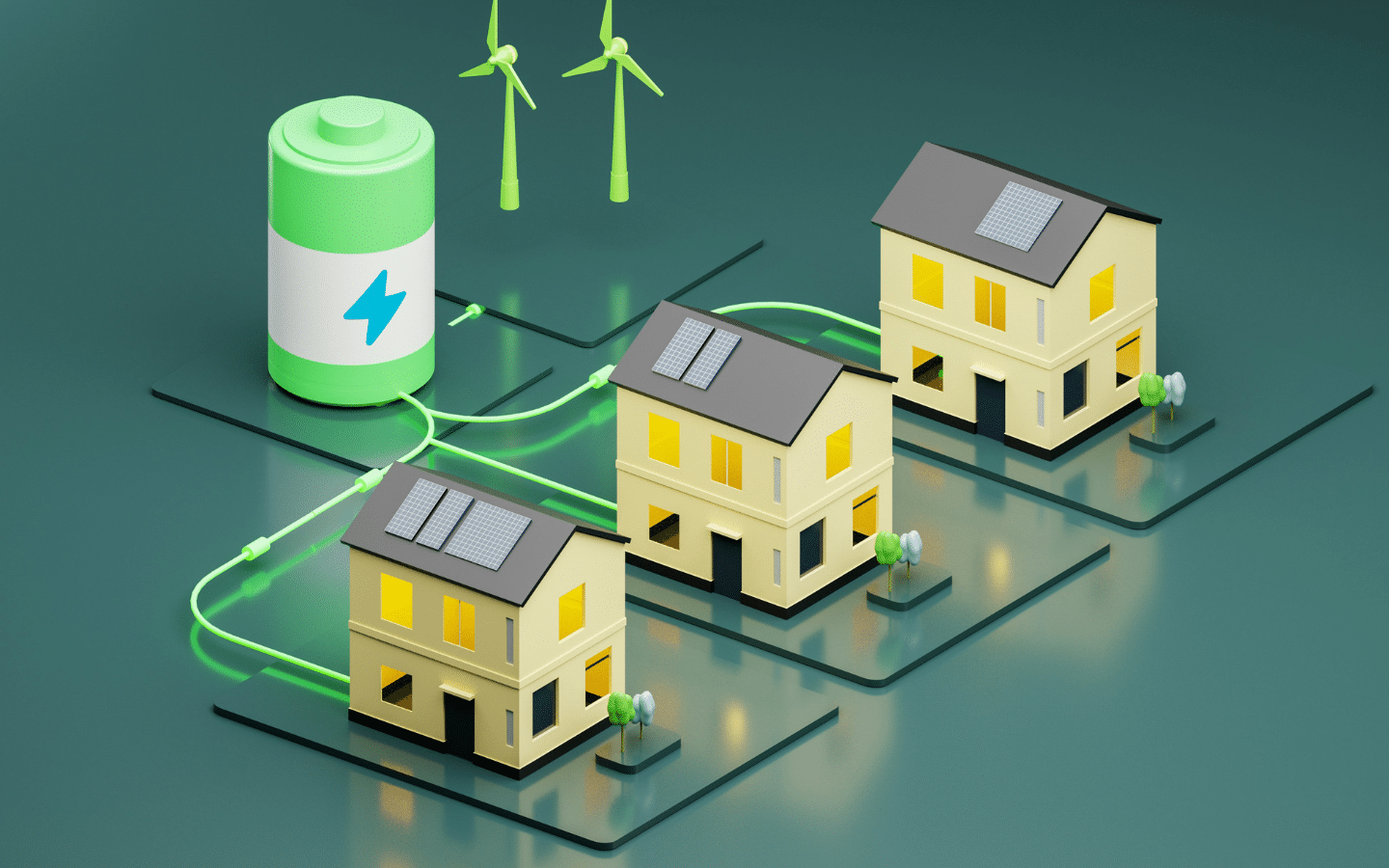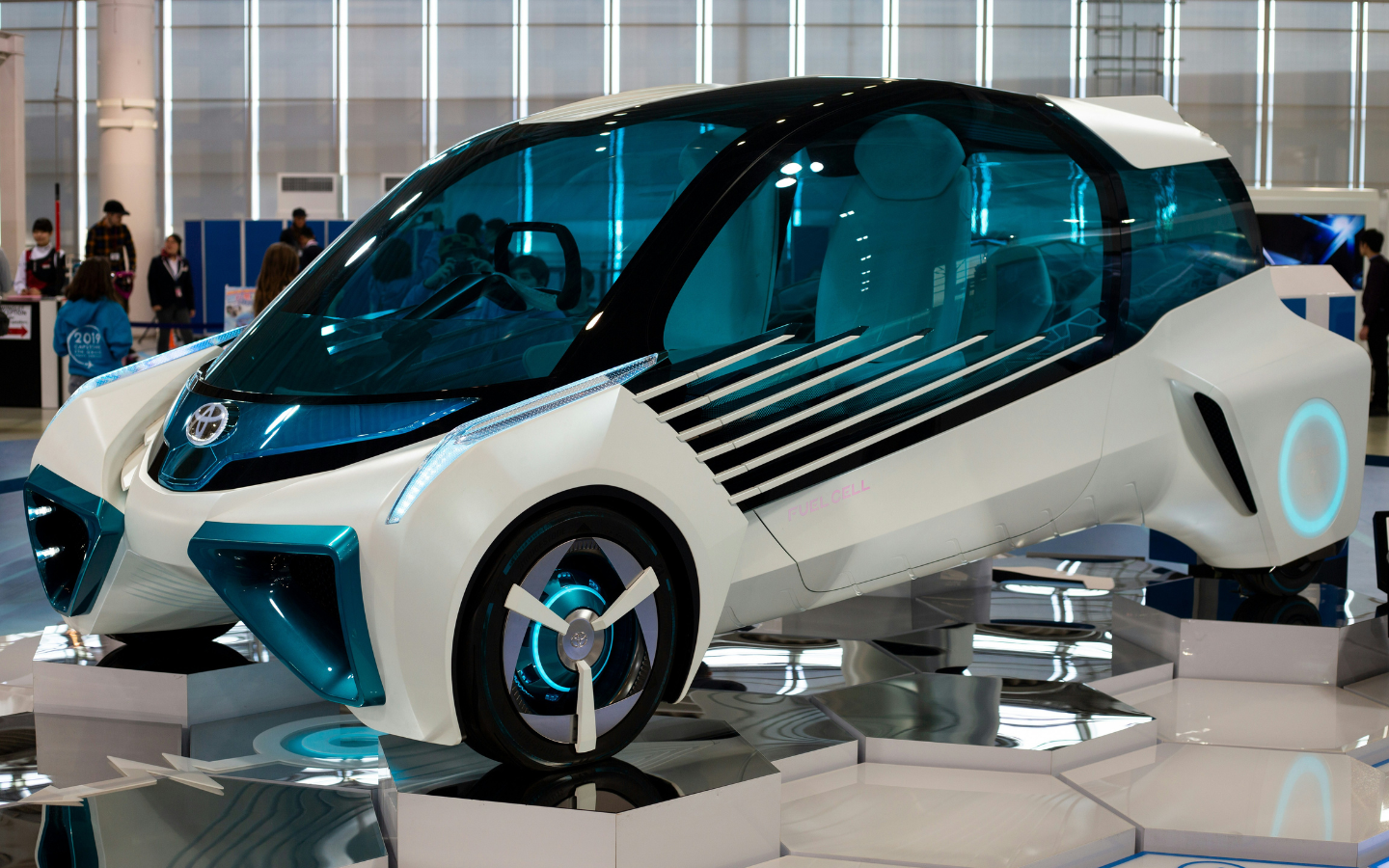

Hydrogen Cars UK: Future or Fiction?
Our quick guide to hydrogen cars in the UK. In today’s article, we cover: what a hydrogen vehicle is, how they work and the pros and cons.
What is a hydrogen car?
A hydrogen car, also known as a hydrogen vehicle or hydrogen fuel-cell vehicle (abbreviated to FCEV), is a type of car that uses hydrogen to generate electricity and, in turn, drive the vehicle forward.
But how widespread are they in the UK? Today, we cover everything you need to know about hydrogen cars.
Let’s get started.
Are there any UK hydrogen cars?
When it comes to hydrogen cars in the UK, the choice is extremely limited. To date, there are only two hydrogen vehicles for sale in the UK: the Toyota Mirai and the Hyundai Nexo.
Honda once offered a third alternative a few years back, but the Honda Clarity hydrogen fuel cell model was discontinued in 2021 due to low demand.
So in short, hydrogen cars are incredibly rare in the UK.
Need more proof? Fewer than 300 hydrogen cars are currently driving on UK roads. Of course, internal combustion engines dominate the market, but battery EVs are hot on their heels, having surged past the million mark, veering nearly into two million territory.
That said, while the average Joe won’t be zipping around town in a hydrogen car, they may be hopping on a bus that’s powered by hydrogen.
For example, in London, the first-ever hydrogen bus was introduced. After what must have been a success, the government quickly followed with the deployment of 20 hydrogen double-decker buses.
How do hydrogen cars work?
Instead of burning fossil fuels, a hydrogen fuel cell car stores compressed hydrogen in onboard tanks. This hydrogen is fed into a hydrogen fuel cell stack, where it reacts with oxygen from the air. A chemical reaction occurs, generating electrical energy, which drives the motor, pushing the car forward.
The only by-product is a small puff of water vapour, making hydrogen-powered vehicles one of the cleanest types of transport available, tying with battery electric vehicles.
How do you refuel a hydrogen car?
The process very closely resembles filling up with petrol or diesel.
Simply attach a nozzle to the hydrogen tank inlet, lock it in place, and compressed hydrogen flows into the tank. Quick. Easy. Clean.
How much do hydrogen cars cost?
One word: expensive.
The two hydrogen cars currently available in the UK cost:
As you can see, with prices starting from a gargantuan £60,000, hydrogen cars sit well above the £46,000 average for electric cars. The importance of this? Many UK drivers think electric cars are already expensive. Jaws may drop at hydrogen prices.
What are the pros and cons of hydrogen cars?
The pros of hydrogen cars:
1. Rapid refuelling
Quick refuelling time, without the fumes. Hydrogen vehicles require only a handful of minutes to refuel. No waiting around for a battery to creep up or lingering in a petrol-doused station.
2. Clean tailpipe emissions
No tailpipe. No emissions. Hydrogen fuel cell technology only releases a small breath of water vapour.
3. Cheaper tax
With its zero-emission vehicle status, hydrogen cars dodge ULEZ charges and secure the lowest road tax rates.
4. Higher average driving range
The average hydrogen car can achieve around 400 miles of real-world range. This is a longer distance compared to the average battery-powered electric car range of 300 miles.
The Toyota hydrogen car – the Mirai – even broke 1,000 km on a single tank.
The cons of hydrogen cars:
1. Limited refuelling stations
One of the big issues. Hydrogen fuel stations are severely limited. To date, there are only somewhere between 10-16 hydrogen refuelling stations in the UK.
With so little hydrogen-compatible infrastructure, where do those who have adopted top-up? Imagine: after a long, hard day at work, you need to refuel – but where?
2. Big price tag
Hydrogen cars themselves are expensive, partly because the technology is still niche and in the early days of development, with no real demand driving it forward. Production is also minimal. Where scarcity exists, so do large price tags.
3. Hydrogen production isn’t always green.
As a zero-emission vehicle, you would assume hydrogen cars are greener. And while they have the greenlight post-production with their fuel cell systems, during production, it’s carbon-intensive.
4. Limited model choice
Right now, you basically have two models for hydrogen cars to choose from. It’s not exactly a bustling marketplace. In fact, some may say it’s slim pickings.
5. Infrastructure uncertainty
With hydrogen cars seemingly unappealing to the masses, ask yourself: Will infrastructure keep growing, or has it stagnated? With roughly 10 hydrogen refuelling stations against the climbing 88,513 EV charging stations, the answer seems obvious.
Several big players, for example, Shell, have already closed their hydrogen stations. Without places to refuel, adoption remains difficult. And hydrogen filling station growth has seemingly stalled.
Is this a sign of the times? If so, even with the advantages of hydrogen cars, if you can’t fill up, how will you drive?
6. High running costs
A full tank of hydrogen costs around £75, compared with roughly £13 for fully charging an electric car at home.
Against the two, you’re going to choose the lithium-ion battery EV.
Green hydrogen cars or battery electric cars: which is better?
- Convenience: Electric wins hands down. EV charging points are everywhere; hydrogen pumps, on the other hand, are almost nowhere.
- Range and speed of refuelling: Hydrogen takes the crown, but it’s a lonely victory without enough refuelling stations to make it practical.
- Running costs: Electric cars come out cheaper to buy, run and maintain. Significantly.
- Environmental impact: A tie. Both production for battery electric cars and hydrogen cars can be carbon-intensive. Plus, both dip after the production stage and become significantly cleaner and greener as zero-emission vehicles.
- Choice: Electric car showrooms are chock full in 2025; hydrogen cars offer… two.
Across the board, electric cars are the stronger, safer, and more accessible choice. Hydrogen cars do hold some promise, but it lacks in 2026.
So, are hydrogen cars the future?
Never say never, but, in truth, it’s unlikely. With only two hydrogen cars for sale in the UK, minimal hydrogen infrastructure, low demand, and a lack of grant support for the high price tag, the chance of hydrogen vehicles becoming more popular than petrol or diesel cars, or even electric cars, is slim.
Perhaps in a decade, the hydrogen market may mature. For now, though, battery EVs remain the front-runners for automotive market takeover.
Made the switch to electric? Don’t forget your EV charger.
Choosing the right home EV charger installer makes all the difference, and with We Power Your Car, you get a service that’s clean, mess-free, and carried out by seasoned experts who know EV charging inside out.
As an OZEV-approved installer, we handle everything with precision and expertise, so your home stays spotless and your charger performs perfectly from day one.
Our team has years of experience, transparent pricing, and a commitment to making the process smooth, simple and stress-free. If you’re ready to charge faster, drive smarter and enjoy the convenience of powering up at home, book your EV charger installation with We Power Your Car today and let us do the hard work for you.
